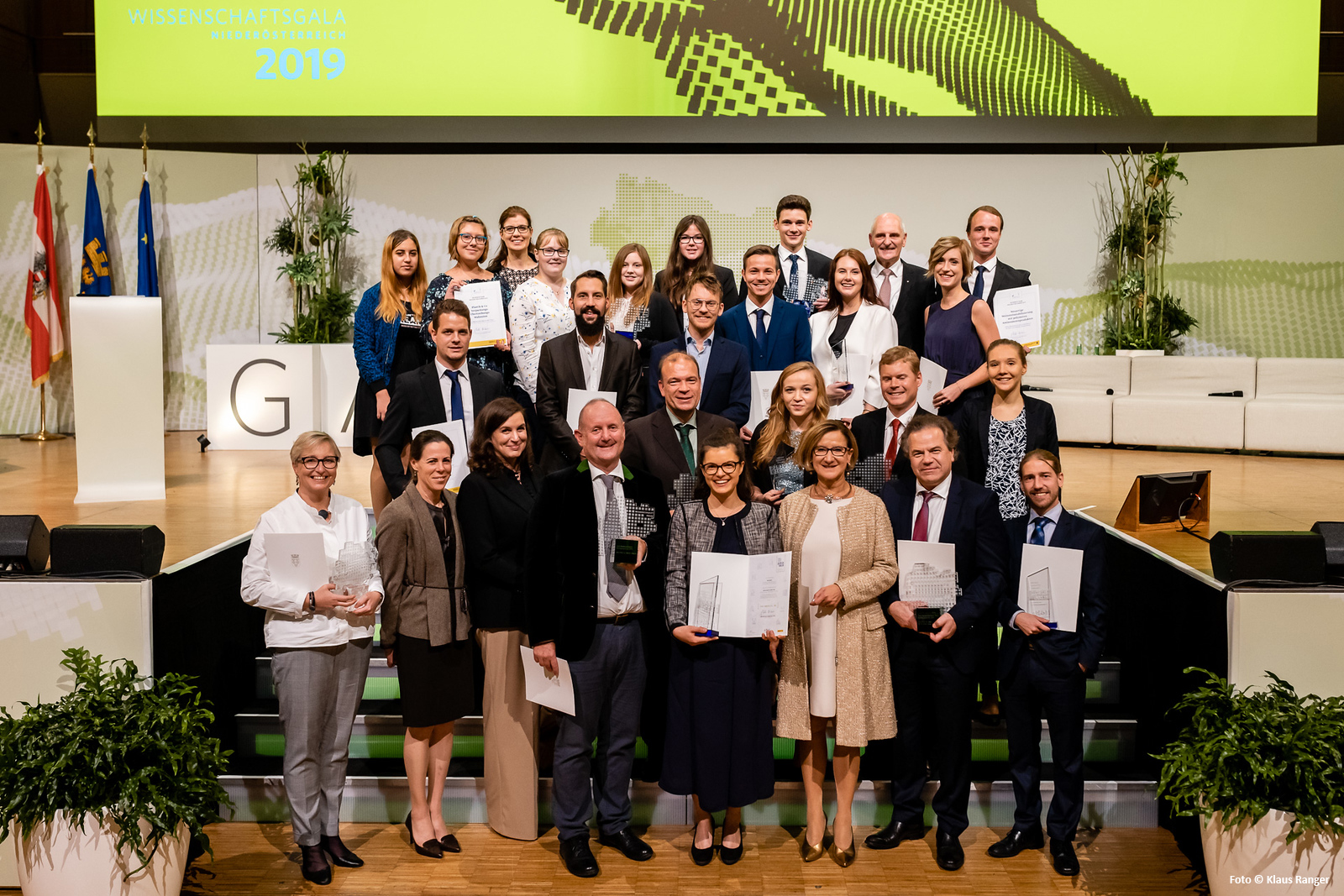During her Master thesis, which won now the "Wissenschaf[f]t Zukunft" Award 2019 from NÖ Forschungs- und Bildungsges.m.b.H., Lena Campostrini worked with experimental flumes at WasserCluster Lunz to study the effects of increasing inputs of dissolved organic material (DOM) in aquatic ecosystems.
On the one hand, the award-winning project aimed to investigate the influence of agriculture on the quantity and quality of dissolved organic carbon in rivers, and on the other hand to show the effects of these inputs on aquatic carbon cycles in river ecosystems based on microbial biofilms.
Foto © Klaus Ranger




